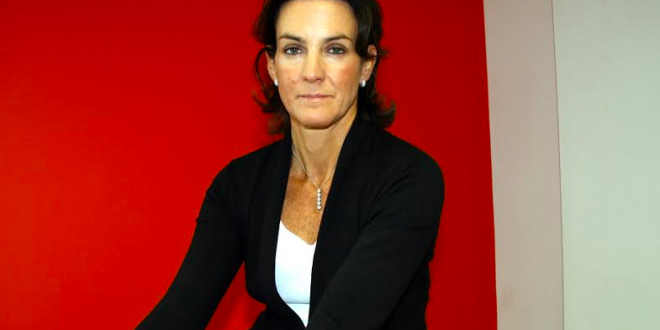GambleAware has published its response to the UK government’s call for evidence in its ongoing review of the 2005 Gambling Act.
Trustees of the charity have urged DCMS to continue to maintain a concentrated focus on combatting and reducing the social impacts of problem gambling on UK society.
Noting the impact on the public resources of healthcare, criminal justice, welfare and employment, GambleAware estimates that problem gambling maintains an economic cost of ‘between £260 million and £1.16 billion annually.
Leading the prevention of problem gambling harms, GambleAware has worked with wider UK public health organisations and local authorities to recognise the treatment of gambling disorders at a ‘whole system’ national-level approach.
GambleAware states that problem disorders should be maintained as a public health concern in which “effective prevention of gambling harms requires action at a coordinated series of levels, including through national legislation as well as in promoting healthy behaviours.”
Beyond strengthening safer gambling legislation, GambleAware cites that problem gambling must be included in the government’s agenda on improving ‘population health’ directives determining the nation’s long-term well-being.
GambleAware states that it will support the government’s upcoming ‘Health and Care Bill’, which aims to strengthen local authorities and voluntary groups to broaden healthcare support service within local areas.
Central to improving problem gambling resources for public health agencies, GambleAware continues its ‘advocacy for a mandatory levy’ to fund research, education and treatment (RET) of gambling-related harms.
Direct funding from licensed gambling businesses saw GambleAware secure £15.6 million in voluntary donations in the twelve months to 31 March 2020 – up from £11 million recorded during 2019.
Meanwhile, the UK’s four largest operators; bet365, William Hill, Flutter Entertainment and Entain Plc have pledged a guaranteed donation of £100 million for RET services over the next four years.
On levy funding, GambleAware states that its trustees ‘have established a robust, independent, and accountable system of governance processes and procedures to ensure the gambling industry has no influence over the charity’s commissioning decisions’.
However, the charity cites a trustee concern in relation to how funding is primarily allocated by the UK Gambling Commission (UKGC) as the regulatory agency of the gambling sector.
GambleAware notes that questions have been raised as to whether the Gambling Commission, ‘as a business regulator, is best placed to commission the range of prevention and treatment services that are necessary to keep people safe from gambling harms’.
Trustees further highlighted that problem gambling organisations had not been recognised in the National Lottery’s ‘Community Fund’ grants, which during 2020 allocated £740 million to local health, education, environmental and social causes.
“A search for ‘gambling’ projects funded identified four awards to three organisations with a total value of £32,088.23.,” the charity stated.
“This suggests that more could be done to make better use of money raised from the National Lottery to fund advice, support, and treatment services”.
GambleAware submitted its evidence in relation to UK betting/gambling advertising and sponsorships – citing that certain types of advertisements maintained a “prevalence and acceptability of gambling and in turn the likelihood that a child, young person or vulnerable adult will gamble in the future.”
With regards to the UKGC’s authoritative powers, GambleAware stated that the commission would require greater resources governing Loot Box engagements in which “93% of children in the UK play video games and 25-50% having opened loot boxes” – which held incentive mechanics similar to online gambling.
In addition, GambleAware remarked that the UKGC should improve the ‘low public awareness’ of existing multi-operator self-exclusion schemes – helping support gambling harm prevention network.
Moving forward, GambleAware backs the UKGC’s deepened focus on consumer redress standards and rights as a key area of concern for UK gambling.
Research submitted by GambleAware “found that many online gambling operators could be breaking consumer protection law through terms and conditions of bonus promotions that are not clear, and instances where they have restricted customer rights and ability to access their own money and winnings”.
The Charity stated progress towards developing a fairer gambling marketplace had been thwarted by a lack of definite and categorical guidelines to adhere to, making it “exceedingly challenging to identify and address violations of the codes of practice and non-socially responsible practices by gambling operators”.









